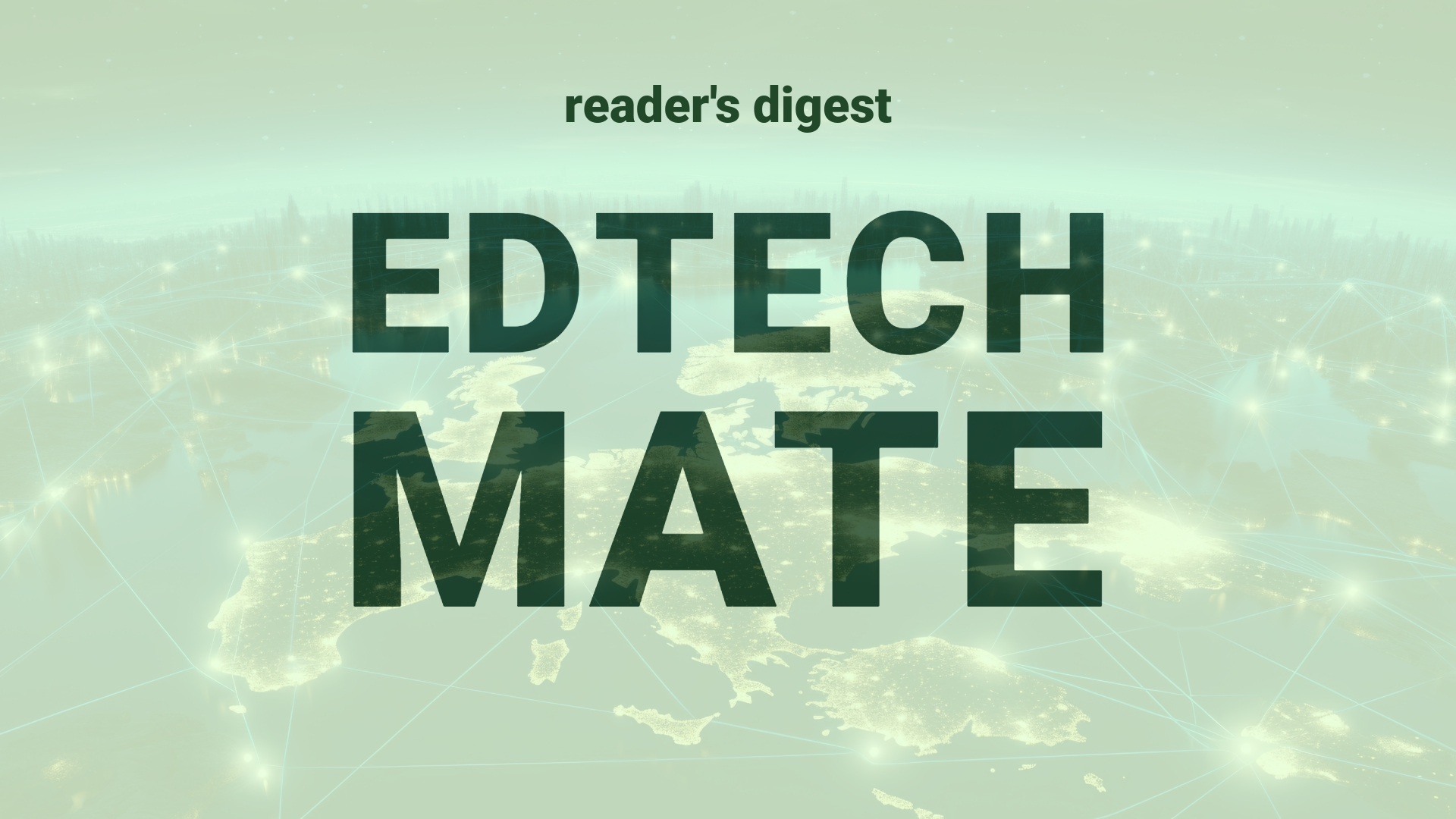Executive Summary and Main Points
European Union regulators have identified that Apple is potentially violating the new Digital Markets Act (DMA), by limiting customer steering to alternative purchasing channels outside of its App Store. This impedes app developers from informing consumers about cheaper offerings or subscriptions. Apple’s rules mandate that any alternate transactions be conducted through a web link, with several limitations imposed by Apple, which are deemed excessive by the Commission. The EU investigation, which extends to other tech giants like Alphabet and Meta, aims to diminish Big Tech’s power by enforcing pro-competitive regulations. Amidst these growing regulatory pressures, Apple has made some changes allowing for app downloads from third-party websites and stores, yet concerns arise over new practices like Apple’s “core technology fee”, and the regulatory compliance of their installation processes.
Potential Impact in the Education Sector
The EU’s scrutiny of Apple’s App Store practices could lead to significant impacts on Further Education, Higher Education, and Micro-credentials. The implications extend to the distribution of educational apps and digital learning tools, which could become more widely accessible and competitive with the removal of restrictive practices. This would empower institutions to form strategic partnerships with a broader range of tech providers. By easing the restrictions on steering, educational providers could offer their digital products directly, enhancing digitalization and customizing student experiences. More so, affordability of educational resources may increase if developers escape the high fees imposed by dominant app stores, thus potentially lowering costs for students and institutions alike.
Potential Applicability in the Education Sector
These regulatory actions may encourage innovative education technology applications, fostering an environment where AI and other digital tools are more readily integrated into global education systems. For instance, universities could develop their own app ecosystems or collaborate with third-party app stores to offer bespoke learning resources and AI-driven education services. Additionally, the DMA enforcement may catalyze the development of alternative digital platforms through which micro-credentials can be distributed or managed more flexibly and transparently. These changes would collectively support a more diverse and competitive market for education technology.
Criticism and Potential Shortfalls
While the EU’s enforcement of the DMA against Apple could democratize the digital space, it may come with shortfalls. App developers might face challenges ensuring strict quality control and security outside of the regulated App Store environment, which is particularly crucial in the education sector where data protection is paramount. The increased competition may also dilute the availability of high-quality education apps, overloading users with choices and risking fragmentation. Additionally, international case studies show varying success in enforcing anti-monopoly laws, with cultural and ethical considerations playing a significant role. There is the potential for these regulations to unfavorably impact innovation if not carefully balanced with the commercial interests of tech companies.
Actionable Recommendations
To leverage the anticipated shift resulting from the DMA implementation, education sector leaders should:
1. Explore partnerships with emerging app marketplace providers to enhance the distribution of their digital offerings.
2. Invest in the development of proprietary platforms for digital learning tools and resources to fully utilize the flexibility offered by prospective relaxed steering restrictions.
3. Implement robust quality assurance and security protocols for educational apps distributed through alternative channels.
4. Prioritize user experience and educational outcomes when taking advantage of the potentially wider market, avoiding information overload and ensuring resource quality.
5. Keep abreast of regulatory changes and adapt digital strategies accordingly, to fully utilize new market opportunities while staying compliant with the new legislation
Source article: https://www.cnbc.com/2024/06/24/apple-app-store-rules-are-in-breach-eu-tech-rules-regulators-say.html

